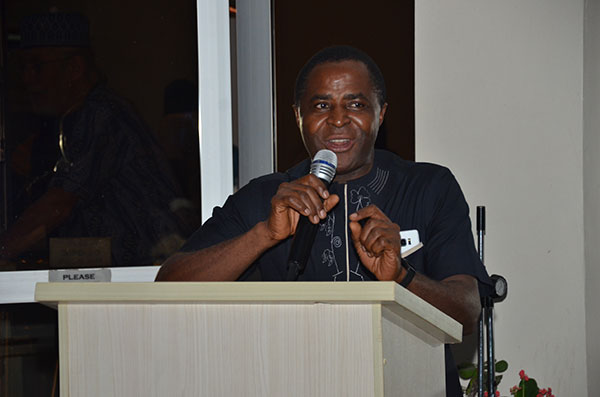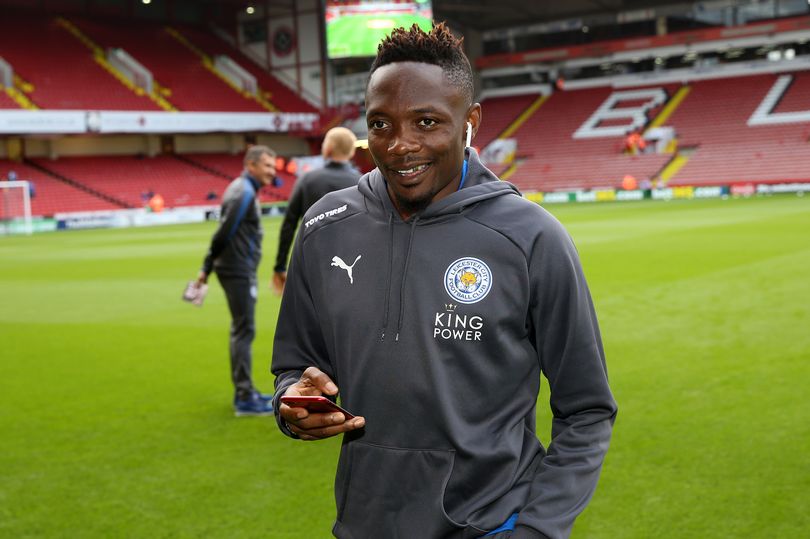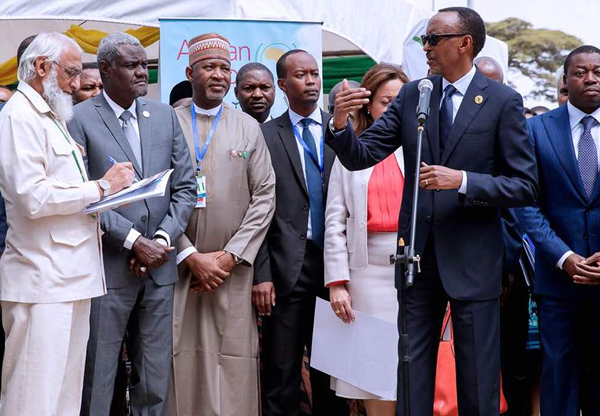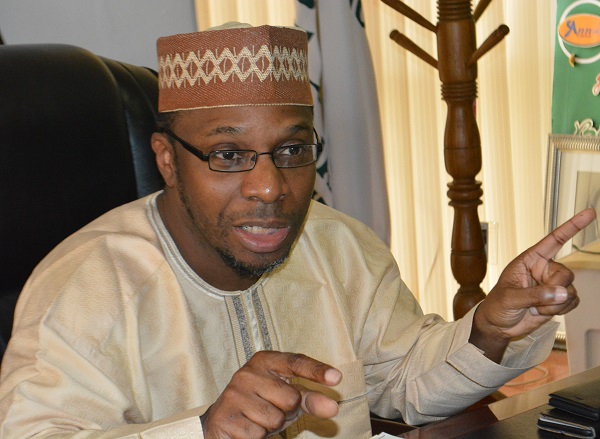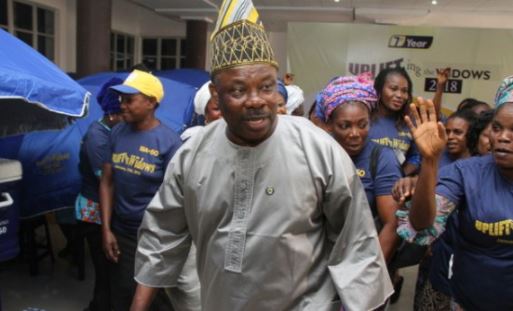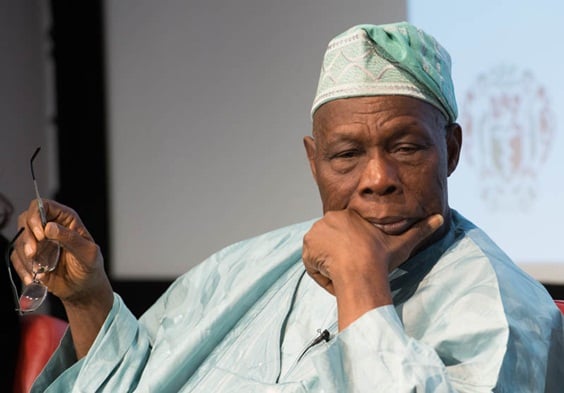The federal government has extradited Cameroonian separatist leaders, who were arrested at a hotel in Abuja earlier in the month.
Quoting Abdul Oroh, Tabe’s lawyer, Reuters said the activists were sent back to their country on Friday.
Among those deported were Julius Tabe (pictured), Nfor Nfor, Fidelis Che, Henry Kimeng, Awasum, Cornelius Kwanga, Tassang Wilfred, Eyambe Elias, Ojong Okongho and Nalowa Bih.
In a statement, Issa Bakary, communications minister of Cameroon, confirmed that the separatist leaders had been brought back to Cameroon, vowing that they would “answer for their crimes”.
Advertisement
“A group of 47 terrorists, among them Mr. Ayuk Tabe, has for some hours been in the hands of Cameroonian justice, before which they will answer for their crimes,” the statement read.
The Ambazonian movement has gathered widespread support due to a government crackdown on peaceful protests by Anglophones who complain of being marginalised by the French majority.
Bakary praised Cameroon’s cooperation with Nigeria, saying the two countries will never “tolerate their respective territories serving as a base for activities that destabilise one or the other”.
Advertisement
Ayuk, a former businessman who had lived in Nigeria, is seen as a moderate voice in the separatist movement and has in the past promoted dialogue over violence.
He has been the target of Cameroonian authorities as a leading member of a resurgent movement to break away from French-speaking Cameroon.
In December, his family home in Anglophone Cameroon was surrounded by government troops, he told Reuters at the time from Nigeria.
“If you can kidnap someone like Ayuk, who wanted meaningful dialogue, who will you be able to speak to?” said Cho Ayaba, head of the Ambazonian governing council, a separatist body established to create an independent state called Ambazonia.
Advertisement
“This is an intolerable act. Now we have no choice but to defend our homeland.”
His deportation marks an escalation in Cameroon’s fight against the separatists who have taken up arms over the past year in their bid to create a nation which they call Ambazonia.
His deportation marks an escalation in Cameroon’s fight against the separatists who have taken up arms over the past year in their bid to create a nation which they call Ambazonia.
The unrest in Cameroon began in November 2016, when English-speaking teachers and lawyers in the north-west and south-west regions took to the streets, calling for reforms and greater autonomy.
Advertisement
They were frustrated with the dominance of the French language in official matters and with what they saw as the marginalisation of Cameroon’s Anglophone population.
The protests were followed by a harsh government crackdown, as well as internet shut-downs and arrests.
Advertisement
In October 2017, secessionist groups declared the independence of the Anglophone “state”.
In Cameroon’s English-speaking regions, there is mixed support for the separatists and their activities.
Advertisement
Human rights activists had asked the Nigerian government to release the separatist leaders.
Advertisement
